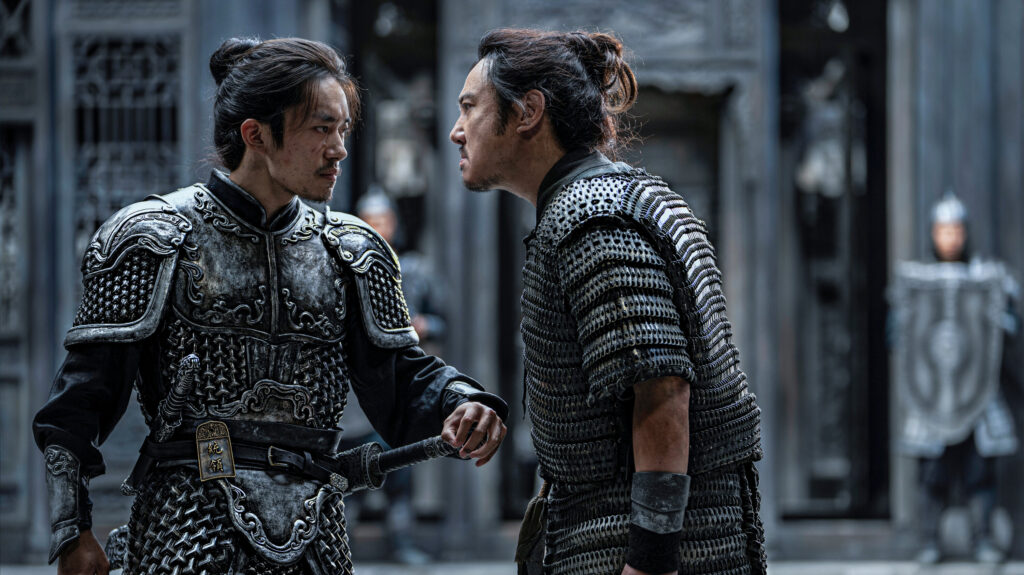The numbers aren’t wrong: the most successful film of 2023 to date, and the most successful film of Zhang Yimou’s career, is also one of the best films the director has ever made. The crown jewel of Zhang’s late period, in particular, Full River Red is a magnificently constructed and plotted work — though its occasional brutality and, perhaps more so, relentless plot twists may become a bit too much for some Western viewers. That complexity is much more rewarding than it’s been with some of the most recent Zhang films. It can be a bit hard to grok on one viewing, but the film is structured beautifully — the constant redefinitions and revelations of who’s on whose side feel both shocking and thrilling without forfeiting any of the narrative propulsion. There’s a dizzying amount of perfectly calibrated twists planted throughout Full River Red (making it particularly hard to lay out specific plot details, though you get a glimpse with the first words of the plot synopsis: “A pawn tries to get rid of a traitorous minister”), and while the film constantly threatens to collapse under that weight, its penchant for comic relief, in the form of Shen Teng’s bumbling sidekick, keeps it buoyant. Of course, that character isn’t quite who he seems either; and that intermingling of elements — light and darkness ever shifting — keeps Zhang’s film endlessly engaging, and never as dour as it could have been on paper.
It’s kind of astonishing how Zhang has managed to pull something like this off at this stage — a “late-style” masterwork that resembles the living chess-pieces approach of earlier films like Hero and House of Flying Daggers, and even the recent Shadow, but completely strips out the action set-pieces. But it’s never made boring through the lack of action because spectacle is instead found within the characters’ frequently shifting natures; this is a blockbuster fueled entirely by clever character dynamics. We trade combat for wordplay, battle for palace intrigue, and yet it all seems to induce the same sense of exhilaration as those earlier, grander action epics. Of course, Zhang is always interested in something more than the simple mechanics of structure, but the hyperfocus on narrative here — generally speaking, he is one of our modern masters of “plot” — works in a manner that simultaneously elevates the form and the content at once. Zhang’s major target here seems to be the illusions which allow for the functioning of a cultural hegemony within a basic society, an idea that could have become dense or confounding, but is instead, when packaged in a film like this, not just intellectually accessible — it’s thrillingly entertaining.
Published as part of InRO Weekly — Volume 1, Issue 11.


Comments are closed.